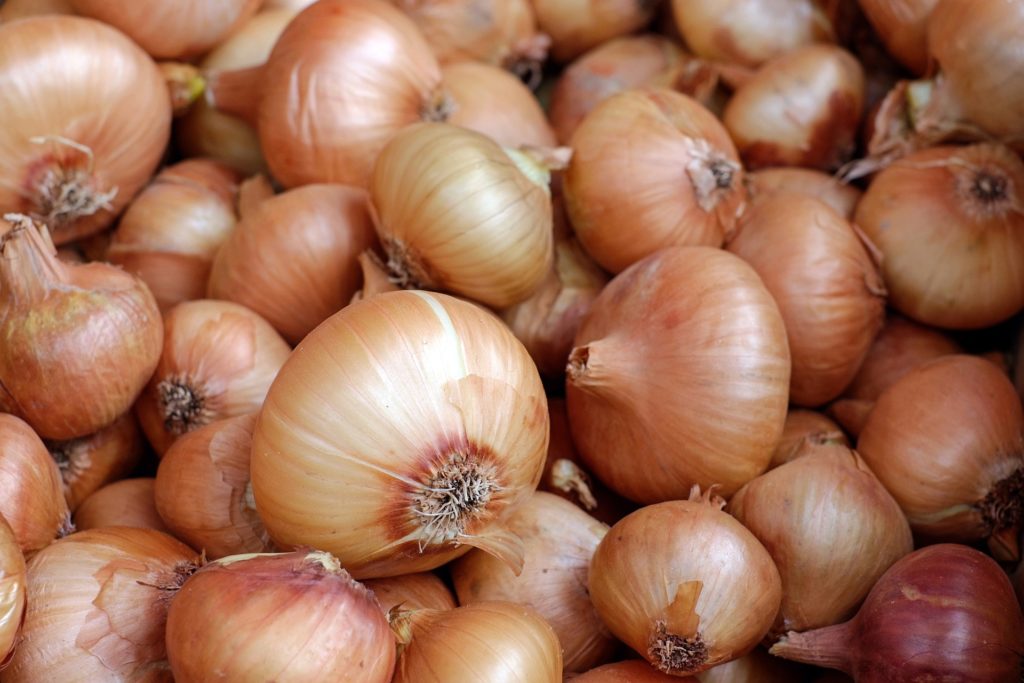
Arteriosclerosis refers to the narrowing and hardening of blood vessels as cholesterol is deposited and triglycerides are accumulated in the intima that covers the innermost part of the blood vessels, and is also called atherosclerosis. Arteriosclerosis reduces the function of various organs and narrows or blocks the coronary arteries, causing problems with normal blood flow. This leads to angina pectoris, myocardial infarction, cerebral infarction, and cerebral hemorrhage. Arteriosclerosis is a chronic disease that progresses very slowly, and since there are no symptoms until it manifests as a disease, it is important to keep regular prevention and management habits. In order to prevent and manage such arteriosclerosis, it is recommended to perform continuous aerobic exercise for at least 30 minutes a day, 3 days a week or more without straining the heart, and to improve smoking and excessive drinking habits that accelerate blood vessel aging . In addition, it is important to reduce the intake of salty and oily foods and animal fats that increase blood lipids, and to eat fresh vegetables and fruits in a balanced way. In particular, eating various foods that help prevent the deposition of triglycerides and cholesterol in blood vessels is the most essential part in preventing and managing arteriosclerosis. So today, let’s look at the types of foods that are good for arteriosclerosis.
Foods good for arteriosclerosis
1. Onion
The first food that is good for arteriosclerosis is onions. Quercetin, a key nutrient in onions, is known to help prevent atherosclerosis by inhibiting the accumulation of fat and cholesterol in blood vessels. In addition, quercetin is effective in reducing the concentration of LDL cholesterol, which is harmful cholesterol that causes inflammation inside blood vessels, and is effective in preventing arteriosclerosis as well as various vascular diseases such as high blood pressure and hyperlipidemia. In addition, allicin, which gives the onion’s pungent taste, prevents platelet aggregation and reduces cholesterol by suppressing reducing elements in hepatocytes. Please note that allicin is contained in large amounts not only in onions but also in garlic, which has a spicy taste.
2. Legumes
Various types of legumes, such as peas, black beans, and chickpeas, are also said to help prevent arteriosclerosis. Isoflavones and unsaturated fatty acids contained in large amounts in legumes lower cholesterol levels in the body and help to discharge waste products from the inside of blood vessels, which can be expected to have a good effect in preventing arteriosclerosis and various vascular diseases. In addition, soybean paste and cheonggukjang, which are foods made by processing legumes, are beneficial in preventing arteriosclerosis by inhibiting substances that make low-density cholesterol, which is harmful to the body.
3. Tomato
Tomatoes are an excellent superfood for preventing various diseases due to their high content of essential nutrients beneficial to the body. Lycopene, an excellent antioxidant and component that gives tomatoes a unique red color, oxidizes cholesterol in the blood and reduces the concentration of free radicals that affect the development of arteriosclerosis. In addition, lycopene prevents the formation of blood clots that block blood vessels, so it has a good effect in preventing diseases such as myocardial infarction and stroke. In addition, the excellent antioxidant power of tomato’s abundant lycopene component improves the immune system that protects the body from viruses and bacteria, thereby preventing various diseases and reducing the risk of cancer.
4. Fish
In order to prevent arteriosclerosis, it is important to control the intake of animal fats that increase blood lipids and to consume unsaturated fatty acids that are good for blood vessels. Blue fish such as mackerel, tuna, mackerel, and herring are rich in omega-3 unsaturated fatty acids. EPA, a major component of omega-3 unsaturated fatty acids, reduces cholesterol and triglyceride levels, inhibits platelet aggregation, and lowers blood viscosity, thereby helping to prevent arteriosclerosis. It is also known to help reduce the risk of cardiovascular diseases due to the effect of increasing the vasodilation function of the vascular endothelium. Omega-3 fatty acids, which are abundant in blue-backed fish, are of animal origin. Nuts such as almonds, walnuts, and cashews contain a lot of them in plant form, so if you eat them evenly, you can expect even better effects.
5. Green Vegetables
Green vegetables such as kale, spinach, and broccoli are effective in preventing various adult diseases, and especially play an important role in preventing arteriosclerosis. It helps reduce blood cholesterol by the complex action of various essential nutrients such as chlorophyll, beta-carotene, vitamins C and E, which are abundant in green vegetables, and has a good effect in neutralizing active oxygen and various toxic substances, which are representative risk factors that threaten vascular health. will do. In addition, folic acid, which is commonly contained in green vegetables, relaxes blood vessels for good blood flow and is known to be effective in increasing the level of HDL cholesterol, which is good for blood vessels.
Other food types that are good for arteriosclerosis
When eating grains with a high content of dietary fiber and complex carbohydrates such as oats, barley, and brown rice, it is said to have a good effect in preventing the occurrence of arteriosclerosis as it helps to inhibit the formation of blood clots and reduce harmful cholesterol. In addition, various foods such as pomegranate, eggplant, barley radish, flounder, and perilla oil have the effect of suppressing cholesterol deposition, so it is said that eating them in a balanced way with the various foods introduced above helps a lot in preventing arteriosclerosis.











